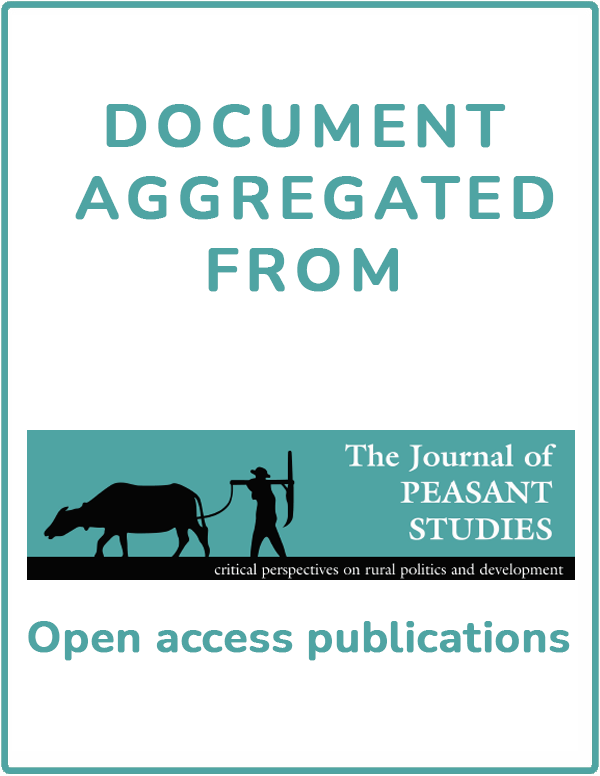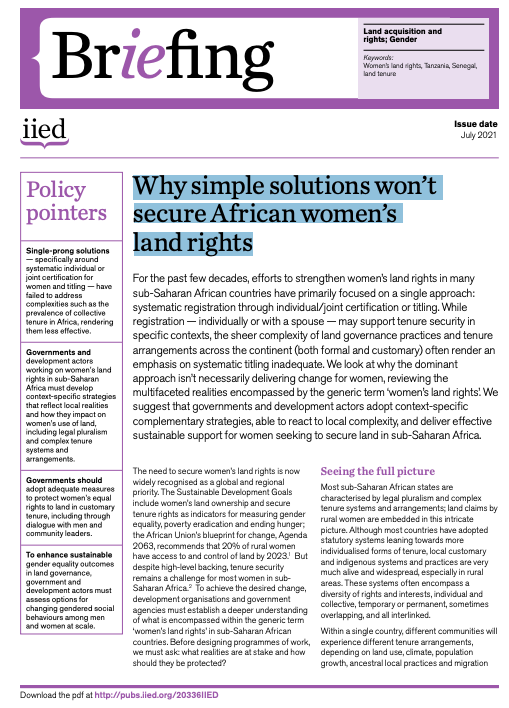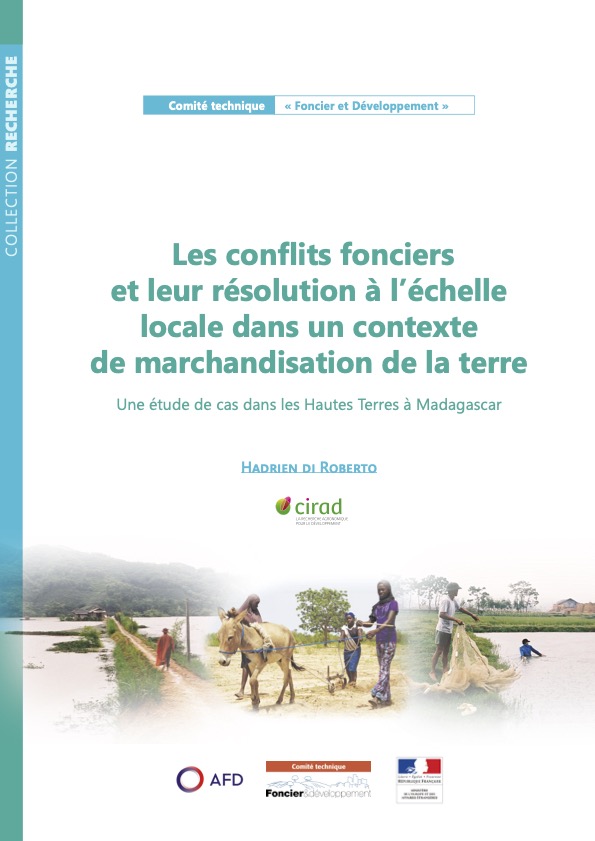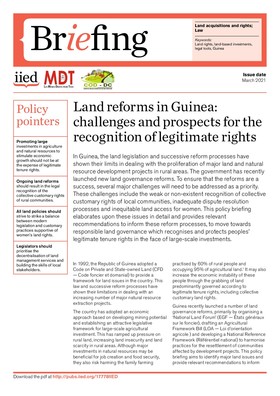Variability is not uncertainty; mobility is not flexibility: Clarifying concepts in pastoralism studies with evidence from Tajikistan
As the “new rangeland paradigm” took shape in the 1990s, climatic variability in pastoral ecosystems was often discussed as “uncertainty”, and the essential mobility of pastoral systems was argued to be possible only with flexible land access rights. These context-specific principles have increasingly been globalized in analyses of diverse pastoral systems.








